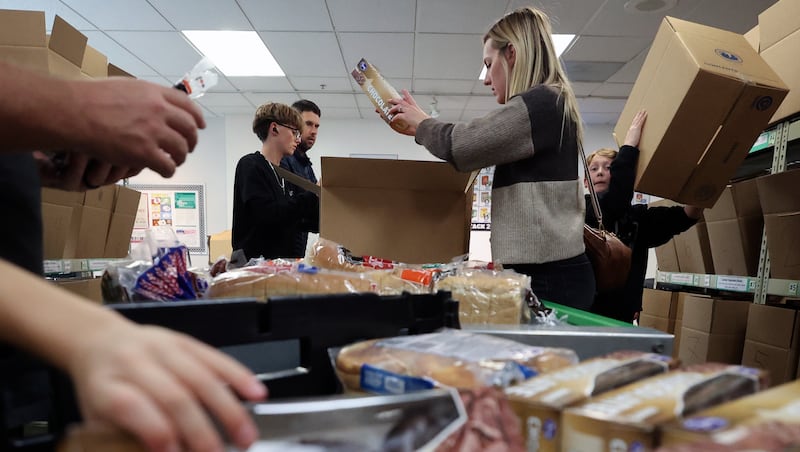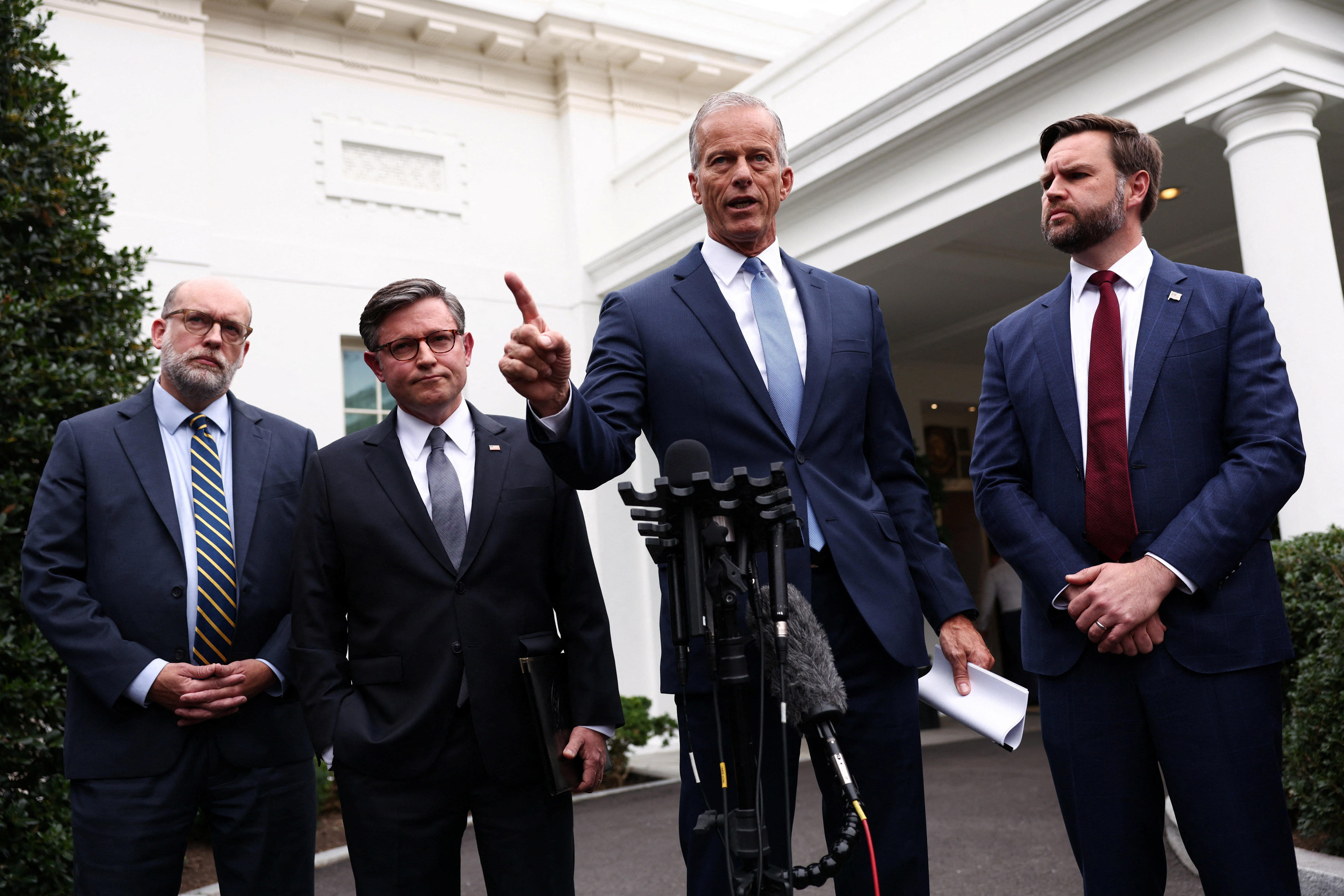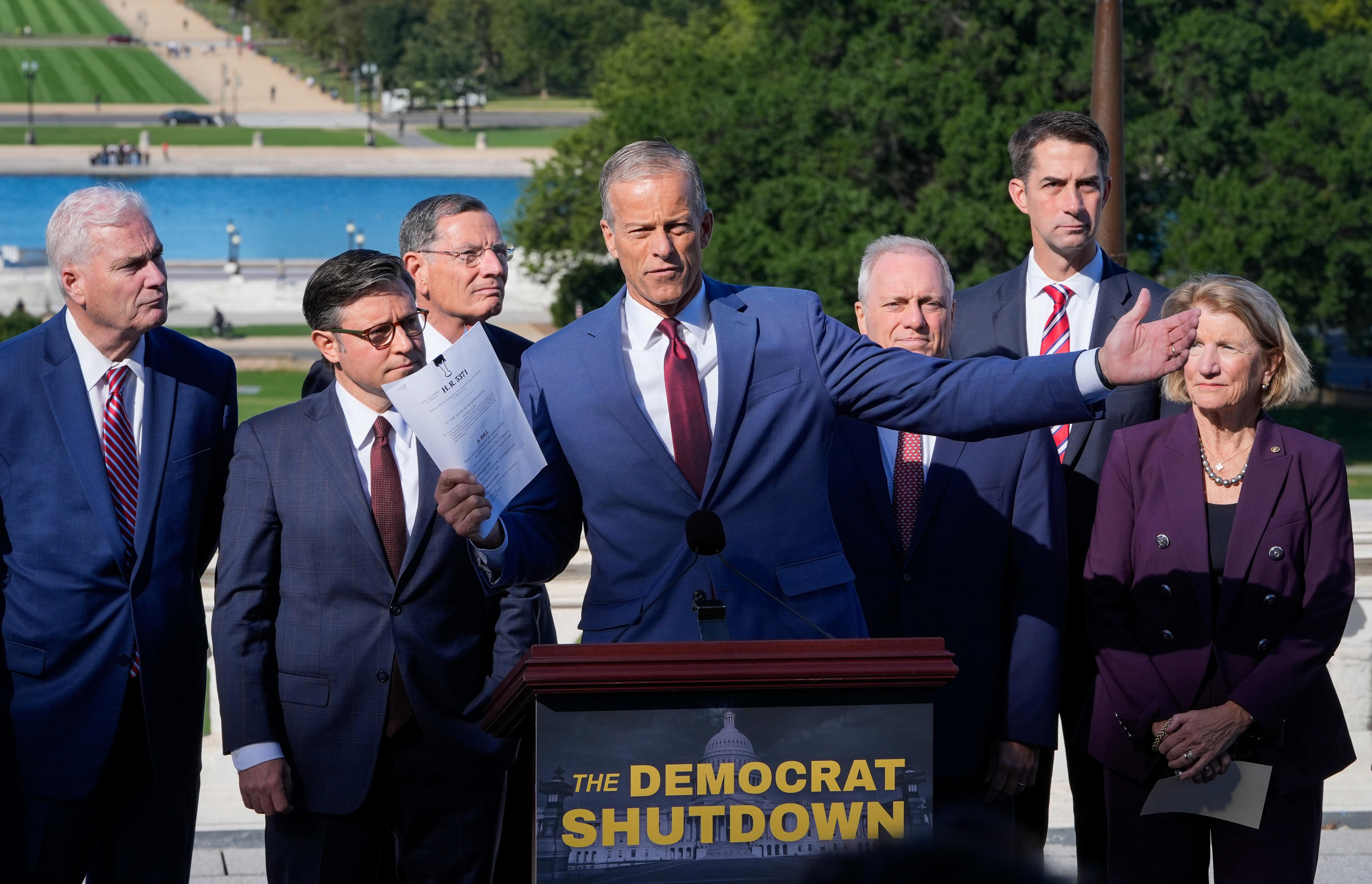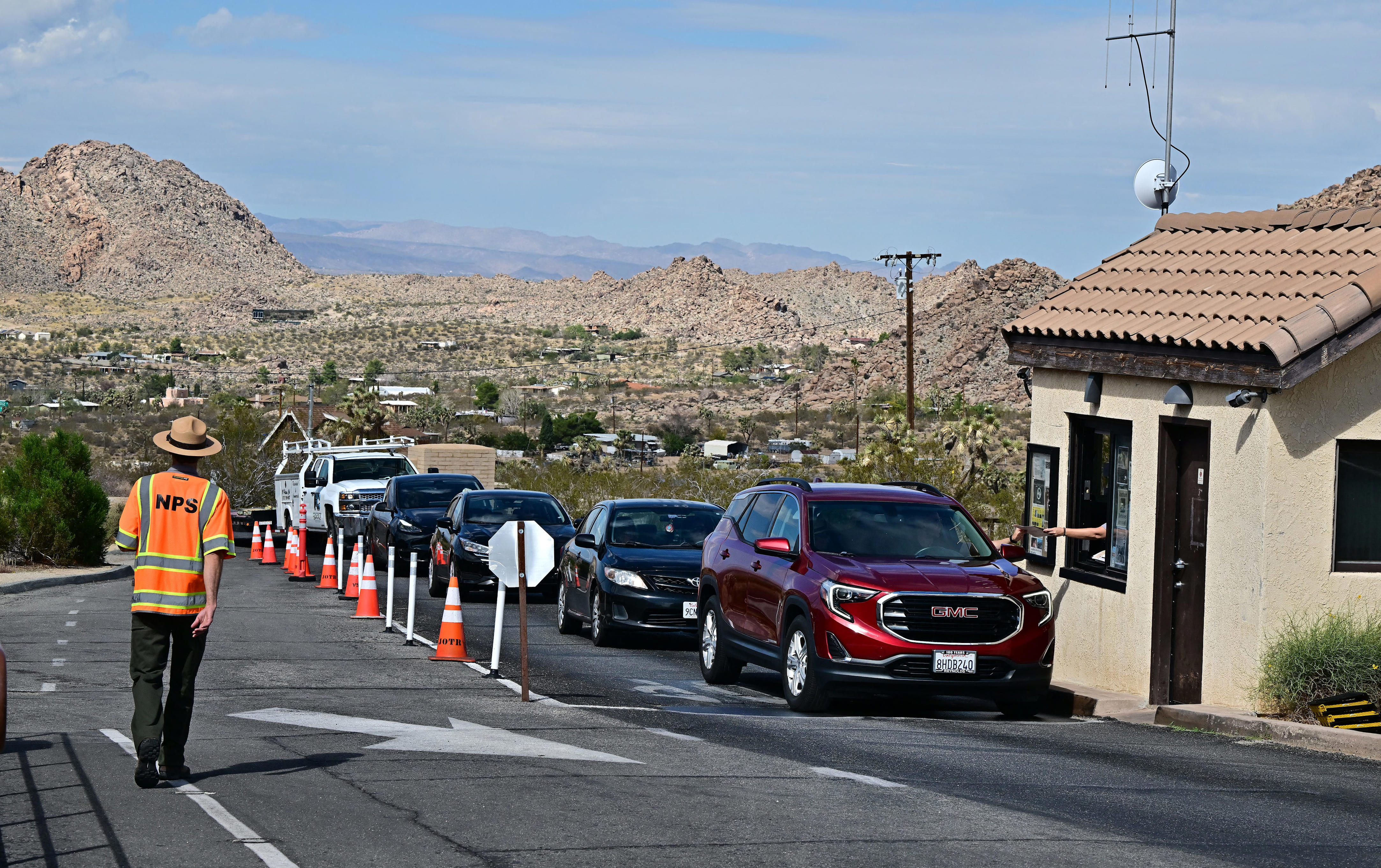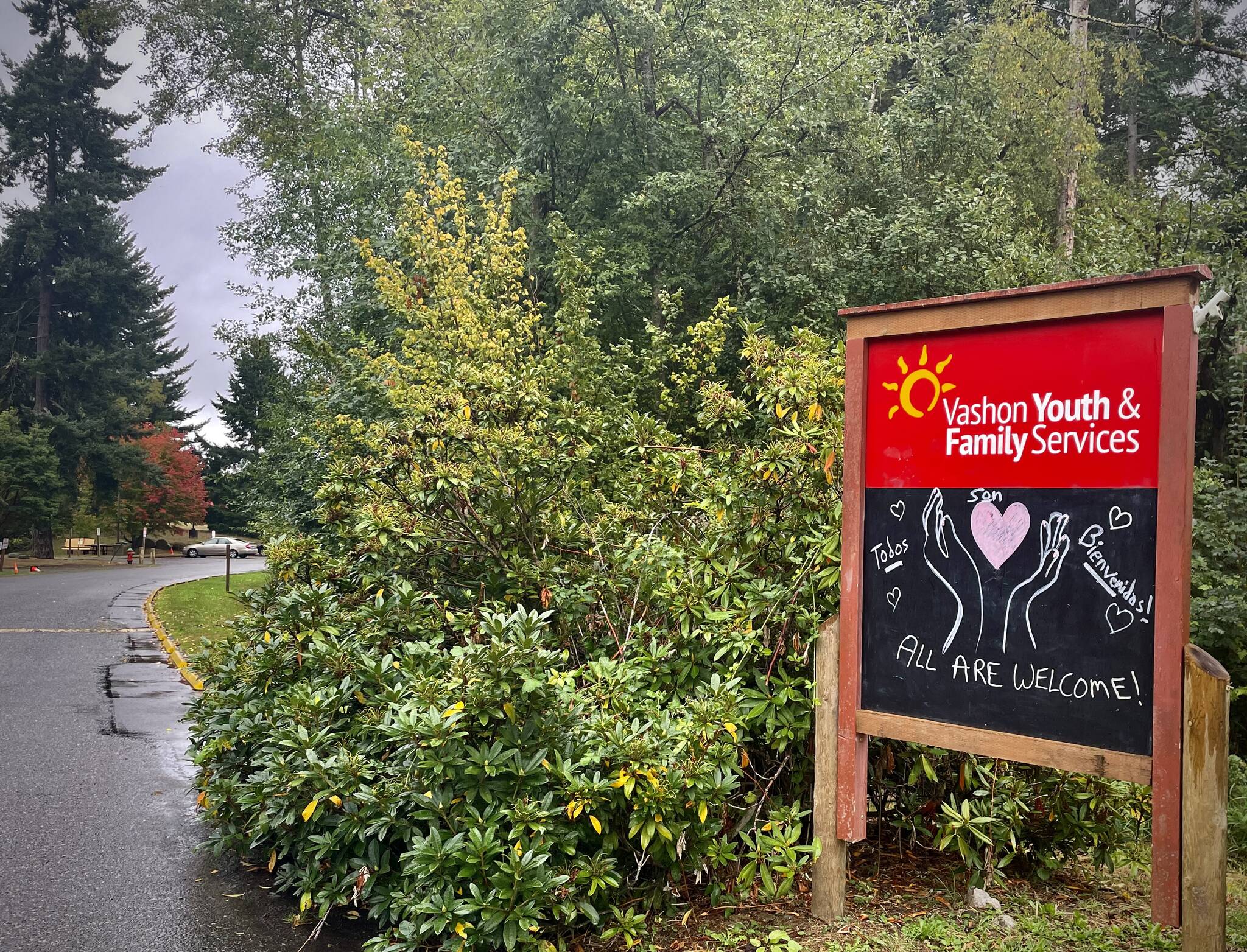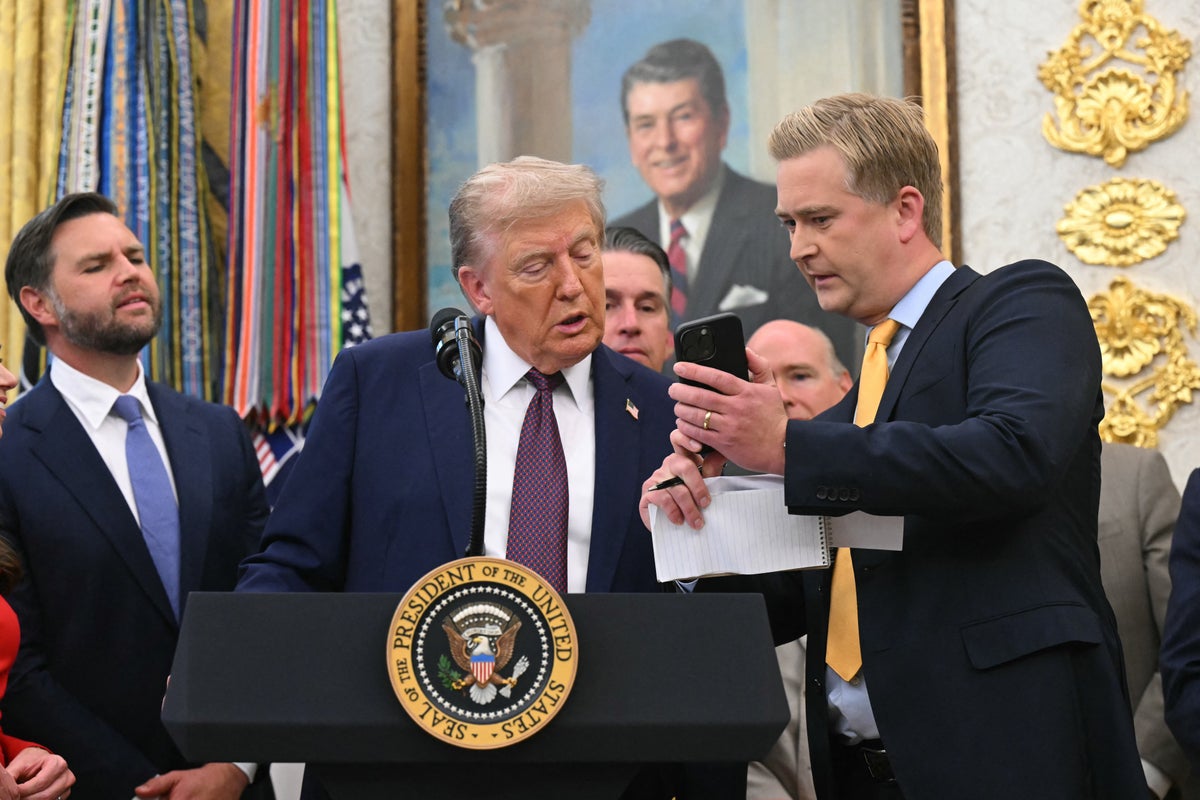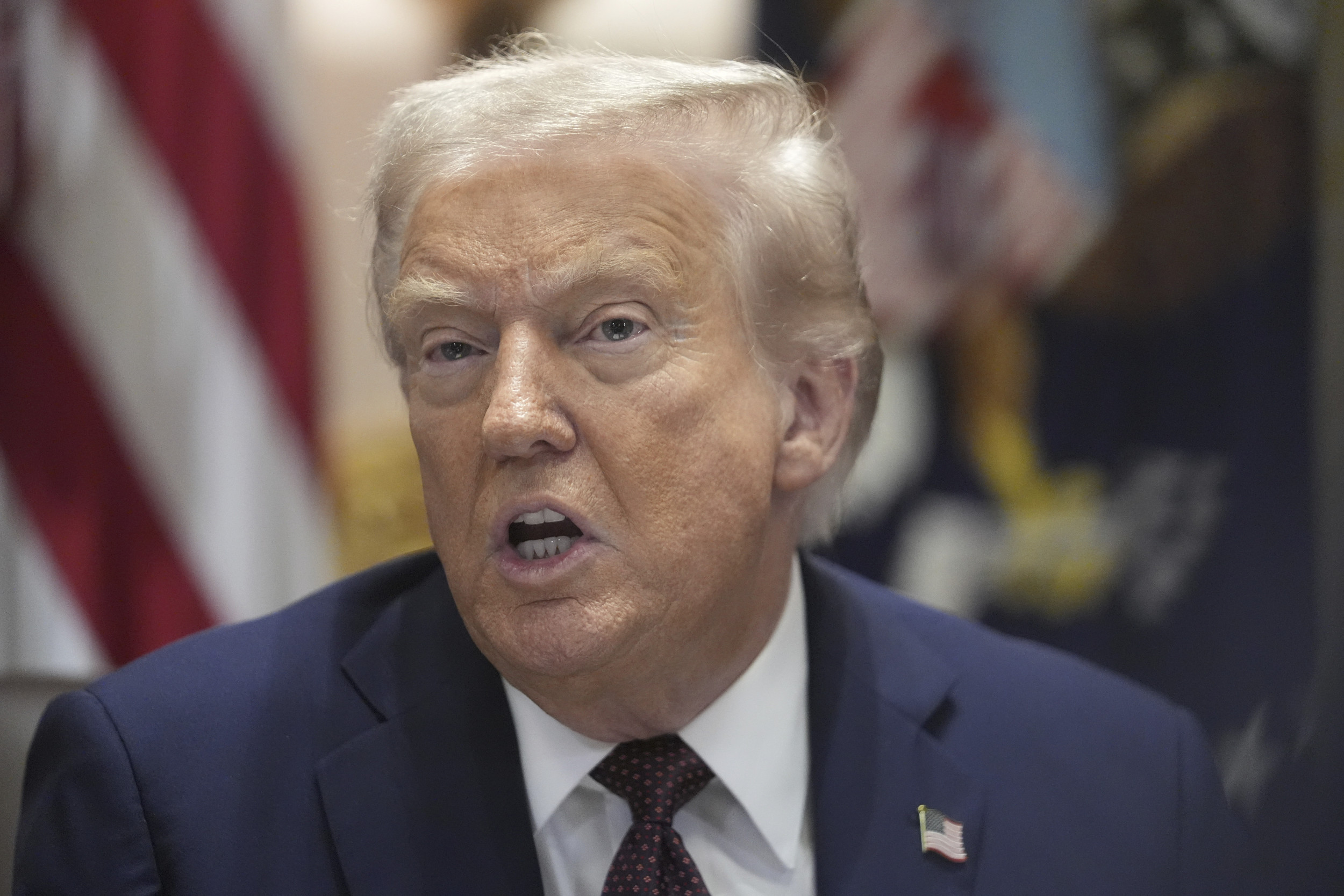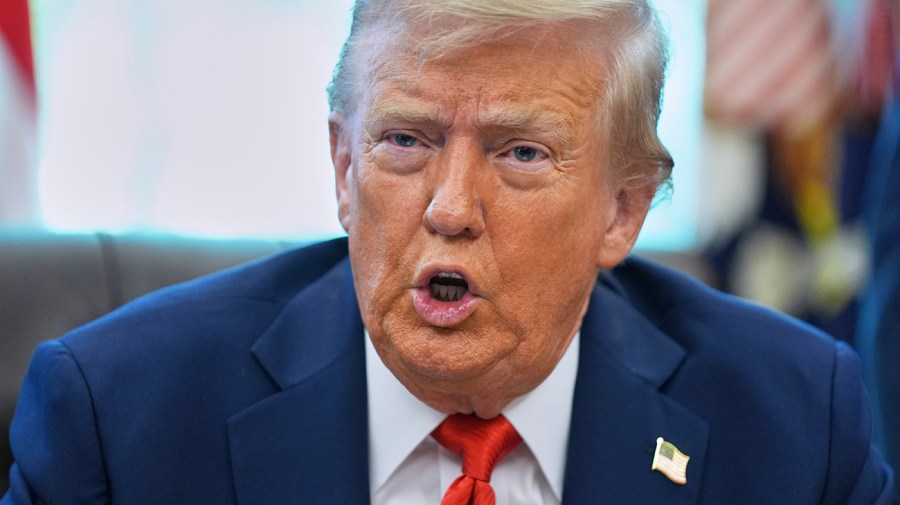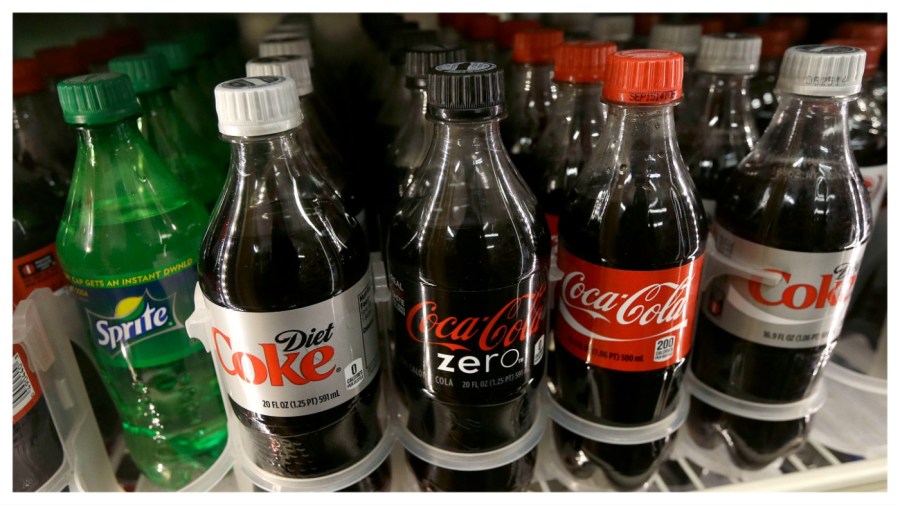SNAP Uncertainty Sparks Aid and Donation Efforts
Addressing Food Insecurity During the Government Shutdown
As uncertainty surrounds the Supplemental Nutrition Assistance Program (SNAP) during the ongoing government shutdown, various organizations and community leaders in Louisiana are stepping up to ensure that no one goes hungry. With federal funding for SNAP benefits potentially delayed, local initiatives and food donation drives have become crucial in supporting families in need.
Government Actions and State Responses
President Trump made a notable statement on social media, indicating that SNAP benefits would only be distributed once the government shutdown ends. This has raised concerns among many households that rely on these benefits for their daily meals. However, Governor Jeff Landry of Louisiana has taken steps to provide some relief. He announced that certain SNAP benefits will still be issued in November to households with elderly individuals, disabled members, or children. On the other hand, households composed solely of able-bodied adults will not receive state-funded emergency assistance.
This distinction highlights the varying levels of support available across different demographics and underscores the importance of community-driven solutions to fill any gaps in aid.
Local Organizations Step Up
Several local organizations are working tirelessly to address the growing need for food assistance. The Greater Baton Rouge Food Bank remains committed to its mission of feeding the community. It serves multiple parishes, including East and West Baton Rouge, Ascension, Livingston, Iberville, Pointe Coupee, East and West Feliciana, St. Helena, Assumption, and St. James. The food bank distributes donated food through various community agencies such as pantries, meal sites, shelters, and soup kitchens.
During the holidays and amid the government shutdown, the food bank is in urgent need of donations. Individuals can contribute by clicking here to donate money or by visiting one of the distribution locations.
Another vital resource is the St. Vincent de Paul dining room, located at 220 St. Vincent De Paul Place in Baton Rouge. It provides hot, nutritious meals every day between 11:30 a.m. and 1 p.m., along with to-go snacks. The dining room welcomes everyone without requiring identification or income verification. A “Neighbors Helping Neighbors” drive-thru donation event is scheduled for Saturday, November 8, from 8 a.m. to 11 a.m. at the corner of Florida Street and N. 17th Street. Donations collected will support the organization’s Food Services Program, which serves thousands of meals annually.
If individuals cannot attend the drive-thru event, they can make monetary donations online or mail checks to the specified address.
Community-Led Initiatives
In addition to established organizations, local businesses and community groups are also contributing to the cause. Jabby’s Pizza and Albina’s Catering have launched “No Kids Go Hungry Week,” offering free cheese pizzas to families who present a SNAP card. This initiative, running through the week while supplies last, aims to ensure that no child goes hungry due to the lapse in benefits.
Similarly, BREC’s Baton Rouge Zoo is raising 8,000 pounds of food during the Zoo Lights event. Visitors who bring nonperishable food items will receive half-off admission. All donated food will benefit the Greater Baton Rouge Food Bank, helping to support families in need during the holiday season.
The Salvation Army in Baton Rouge has also expanded its pantry hours and coordinated with local partners to assist those affected by the potential delays in SNAP benefits. They are urging the community to donate shelf-stable food items or make financial contributions to help keep groceries on the table for families.
Congressional Support
Congresswoman Julia Letlow recently visited St. Vincent de Paul to discuss the impact of the government shutdown on food assistance programs. She emphasized the need for the government to reopen to ensure the flow of federal funds. Letlow highlighted the urgency of the situation, stating that there may not be enough money to cover one month’s supply of SNAP benefits nationwide.
Her visit underscores the importance of political action and community solidarity in addressing the challenges posed by the shutdown.
Conclusion
As the government shutdown continues, the efforts of local organizations, businesses, and community members play a critical role in ensuring that no one goes hungry. Through food donation drives, expanded services, and public awareness campaigns, these initiatives offer hope and support to those in need. The collective response demonstrates the strength and compassion of the community in times of uncertainty.

